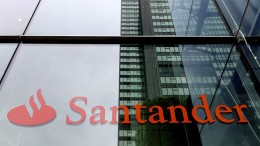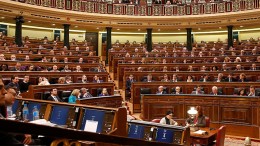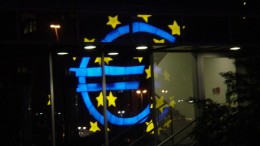The Solution To Abengoa’s Problems Doesn’t Even Convince Analysts
The approval by Abengoa’s board for its viability plan led us to hope that it could be going in the right direction. But as the days pass, the balloon is beginning to deflate and the company, which was the first big Andalusian multinational, is now doing everything it can to avoid being engulfed in Spain’s biggest ever insolvency situation. But it’s not having much success.










